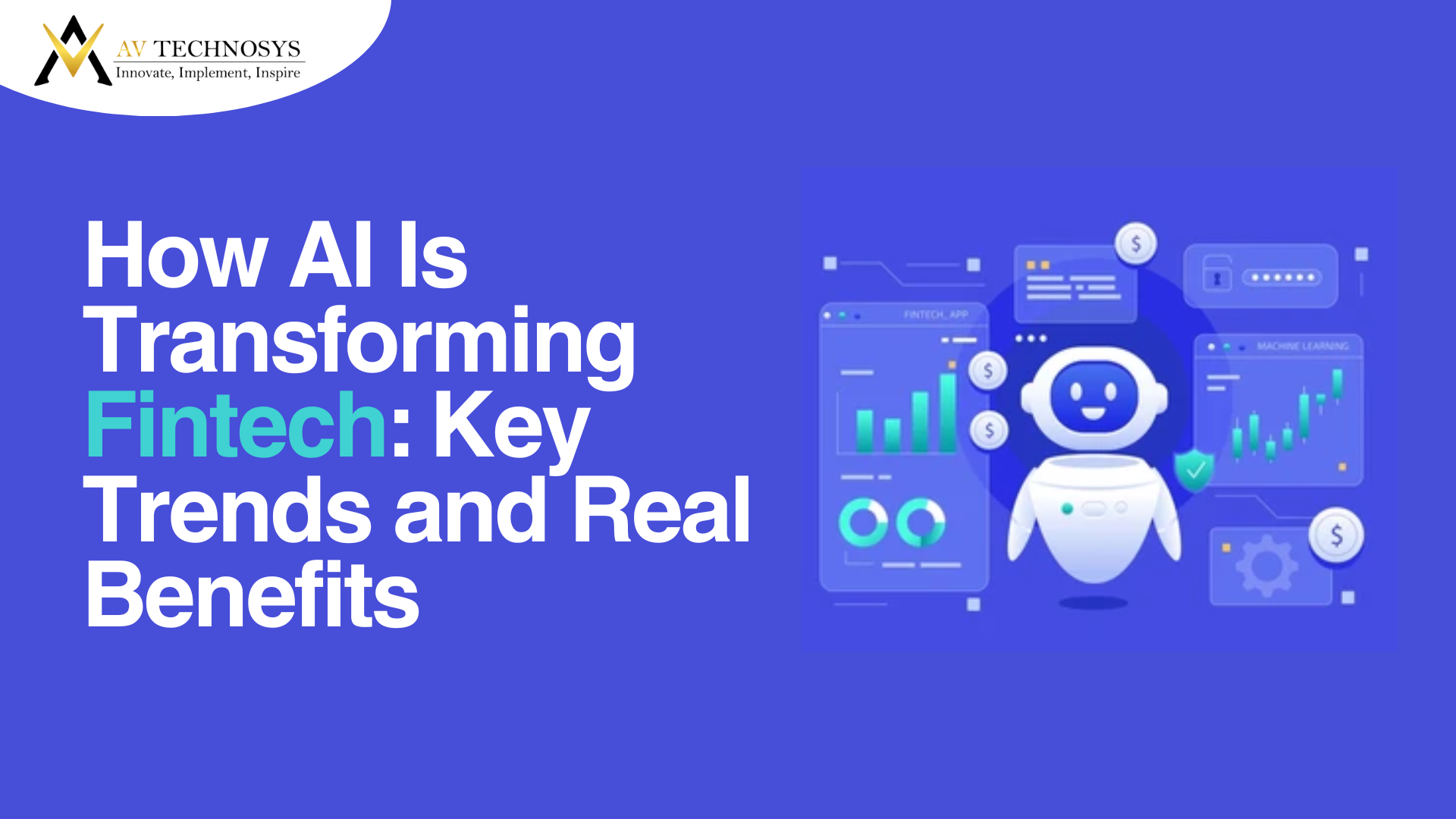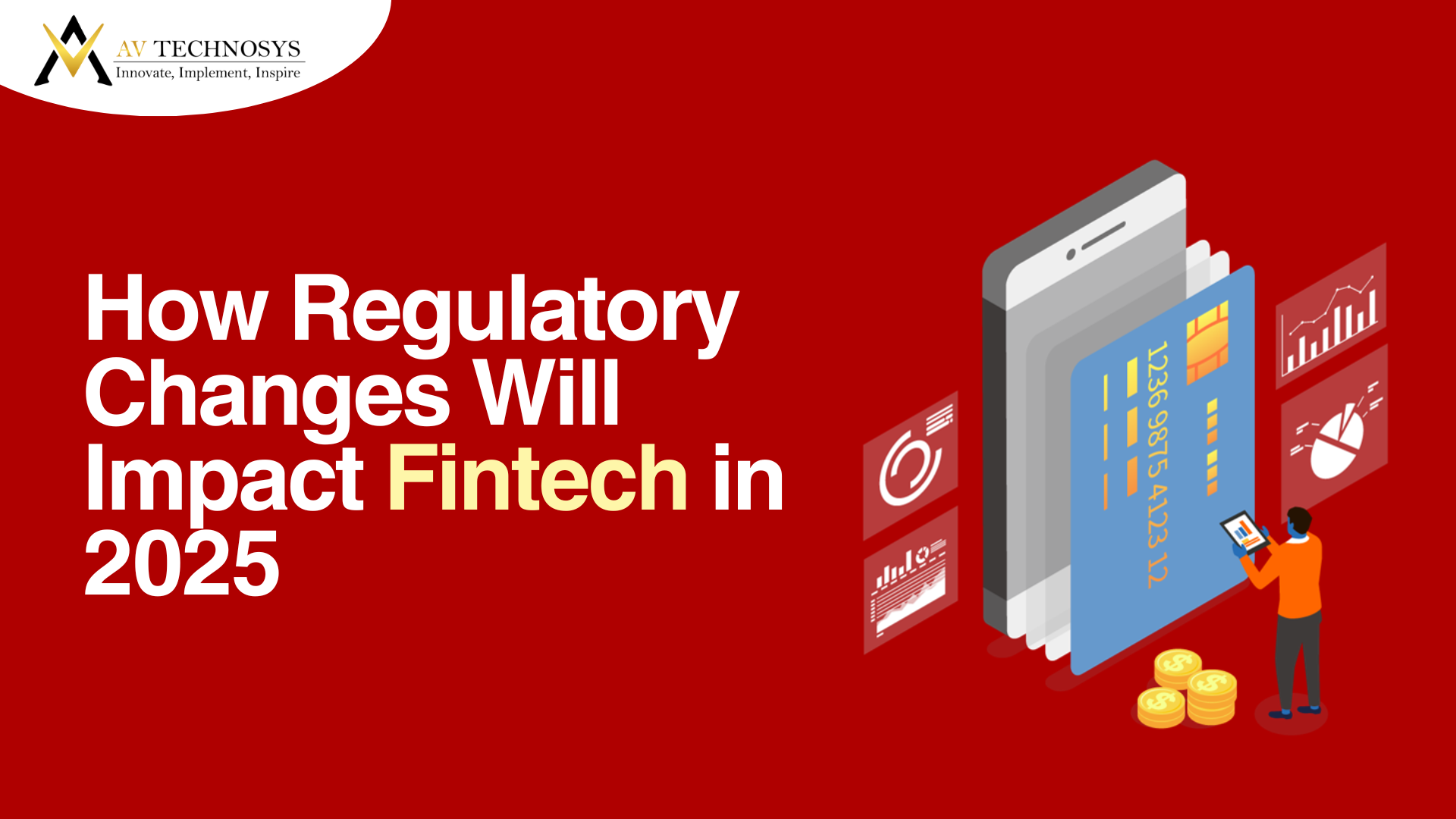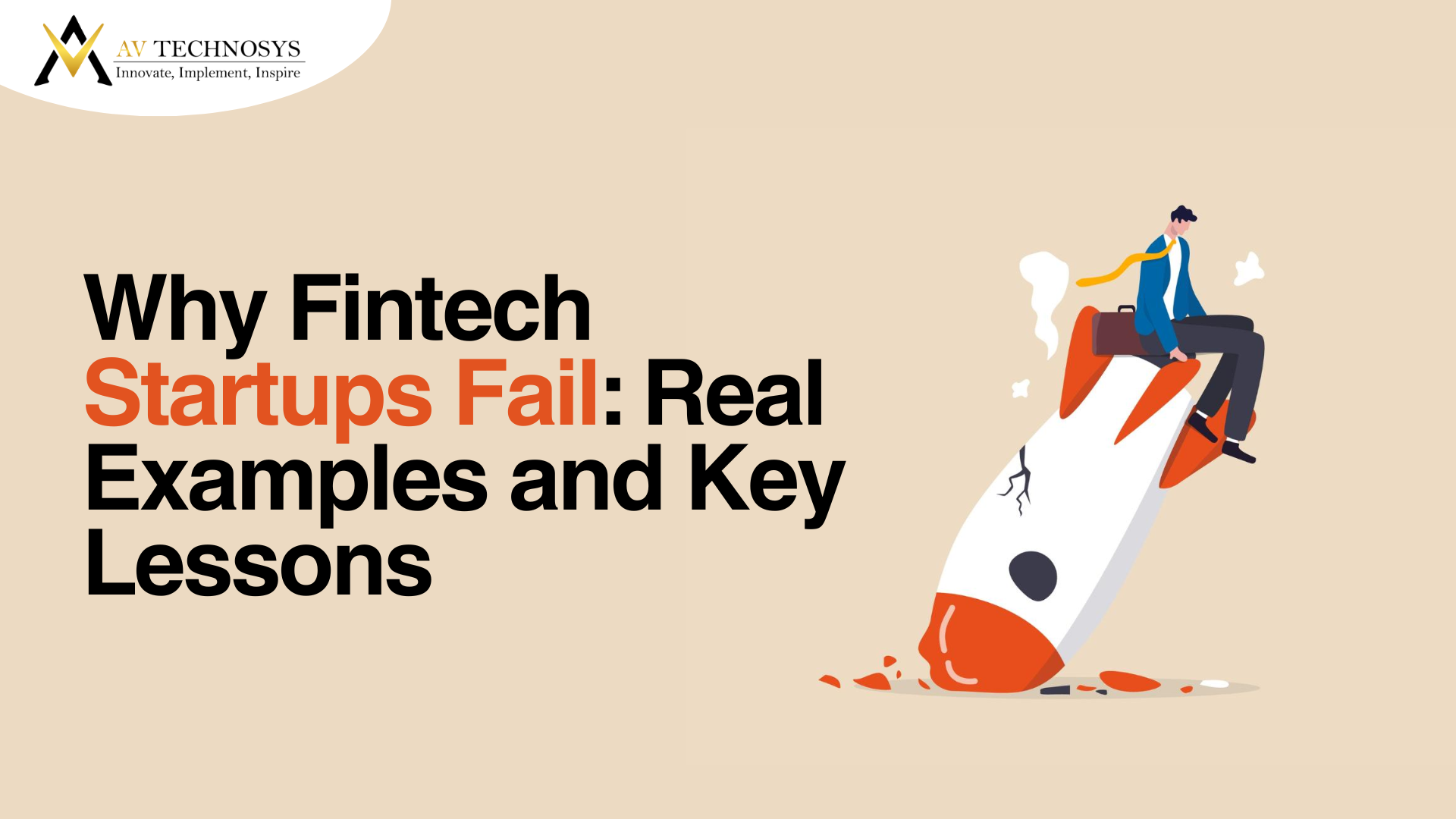Best AI Solutions to Boost Your Ecommerce Business
Explore top AI solutions transforming ecommerce in 2025, from personalization and chatbots to automation and analytics for business growth.


Artificial Intelligence
The ecommerce industry is moving faster than ever. With millions of businesses competing online, customer expectations have skyrocketed. Shoppers now want personalized recommendations, instant support, seamless checkout experiences, and tailored marketing campaigns. Meeting these demands without technology is almost impossible.
That’s where Artificial Intelligence (AI) steps in. AI is no longer just a buzzword; it’s the backbone of modern ecommerce. From chatbots handling customer queries to AI-powered recommendation engines driving sales, businesses that adopt AI are seeing exponential growth compared to those that rely solely on traditional methods.
In this article, we’ll dive into the best AI solutions to boost your ecommerce business in 2025, explain how they work, and why they’re essential for scaling your online store.
Why Ecommerce Needs AI in 2025
Before exploring specific tools, let’s understand why AI is vital for ecommerce today:
Personalization is non-negotiable – Customers don’t want generic offers; they expect brands to know their preferences.
Data-driven decision-making – AI helps make sense of massive customer data that humans can’t process efficiently.
24/7 availability – Chatbots powered by AI ensure that customer support is always available.
Efficiency and automation – Tasks like inventory management, product tagging, and pricing can be fully automated.
Customer retention – AI enhances loyalty programs, predicts customer churn, and offers proactive solutions.
In short, AI isn’t optional anymore; it’s the competitive edge your ecommerce business needs.
Best AI Solutions to Boost Your Ecommerce Business
Here’s a detailed look at the top AI-driven solutions that are reshaping ecommerce:
1. AI-Powered Chatbots for Customer Support
One of the most common AI applications in ecommerce is chatbots. AI chatbots can handle customer queries, order tracking, FAQs, and even product recommendations without human intervention.
Benefits:
24/7 instant responses.
Handles multiple customers simultaneously.
Reduces dependency on human agents.
Collects customer data for further personalization.
Examples:
Tidio – Provides live chat and AI chatbot integration.
Zendesk AI – Streamlines customer support.
Intercom – Offers personalized, automated conversations.
2. AI Recommendation Engines
Personalized product recommendations are one of the biggest reasons behind higher conversion rates in ecommerce. AI algorithms analyze browsing history, purchase patterns, and user behavior to suggest products tailored to each customer.
Benefits:
Increases average order value (AOV).
Enhances customer experience.
Improves conversion rates by showing relevant items.
Examples:
Amazon’s Recommendation Engine (industry benchmark).
Nosto – Helps online stores deliver personalized shopping experiences.
Dynamic Yield – Personalization at scale.
3. AI-Driven Visual Search
Sometimes, customers don’t know the exact keywords for what they want. With AI visual search tools, shoppers can upload images and find similar products instantly.
Benefits:
Makes product discovery easier.
Reduces cart abandonment caused by “can’t find the right product.”
Encourages impulse purchases.
Examples:
Google Lens – A powerful tool integrated into ecommerce.
Syte – Specializes in visual AI search for retailers.
ViSenze – Provides visual recognition technology.
4. AI in Inventory and Supply Chain Management
Managing stock effectively is a big challenge in ecommerce. Too much stock increases costs, while too little stock loses sales. AI helps with demand forecasting, automated reordering, and supply chain optimization.
Benefits:
Prevents overstocking and understocking.
Reduces operational costs.
Predicts seasonal demand patterns.
Examples:
E2open – AI for supply chain optimization.
Blue Yonder – Predictive inventory management.
Llamasoft – AI-driven logistics and planning.
5. AI in Dynamic Pricing
Pricing is crucial in ecommerce competitiveness. AI monitors market trends, competitor prices, and customer behavior to adjust prices in real time.
Benefits:
Maximizes profit margins.
Increases competitiveness.
Adapts to changing customer demand.
Examples:
Prisync – Competitive price tracking.
Dynamic Pricing AI by PROS – AI-based pricing optimization.
Intelligencenode – Monitors global ecommerce pricing.
6. AI for Fraud Detection and Security
E-commerce businesses face threats such as payment fraud, fake returns, and identity theft. AI security systems detect unusual patterns, flag suspicious transactions, and prevent fraud in real time.
Benefits:
Protects revenue.
Reduces false chargebacks.
Increases customer trust.
Examples:
Kount – AI-based fraud prevention.
Signifyd – Protects ecommerce from fraud losses.
FraudLabs Pro – Affordable fraud detection tool.
7. AI for Customer Insights and Analytics
AI helps businesses analyze massive data sets to uncover hidden trends. This includes customer preferences, churn prediction, lifetime value, and campaign performance.
Benefits:
Better decision-making.
Identifies new market opportunities.
Enhances marketing ROI.
Examples:
Google Analytics AI – Provides predictive insights.
Pecan AI – Advanced predictive analytics for ecommerce.
Mixpanel with AI – Customer behavior analytics.
8. AI in Voice Commerce
With Alexa, Siri, and Google Assistant becoming household names, voice-based shopping is on the rise. Ecommerce businesses can integrate voice search to make shopping even more convenient.
Benefits:
Enhances accessibility.
Simplifies the checkout process.
Appeals to tech-savvy users.
Examples:
Alexa Voice Commerce – Amazon integration.
Google Assistant for Retail – Shopping via voice commands.
9. AI for Marketing Automation
AI helps brands run smarter marketing campaigns by segmenting customers, predicting behavior, and sending personalized offers.
Benefits:
Improves email open rates.
Boosts conversions with targeted campaigns.
Automates repetitive marketing tasks.
Examples:
HubSpot AI – Advanced CRM and marketing automation.
Klaviyo – Email marketing with AI-powered personalization.
Omnisend – Marketing automation for ecommerce.
10. AI for Product Tagging and Content Creation
AI can automatically tag products, write descriptions, and generate SEO-friendly content, saving huge amounts of time.
Benefits:
Streamlines catalog management.
Improves search engine ranking.
Creates consistent product pages.
Examples:
Clarifai – AI-based image tagging.
Copy.ai – Content generation tool.
Jasper AI – Writes engaging ecommerce content.
How to Choose the Right AI Solutions for Your Ecommerce Store
Adopting AI is not about using every tool available—it’s about choosing what fits your business goals and budget. Here’s how to decide:
Identify your biggest challenges – Is it cart abandonment, low customer support, or inefficient inventory?
Evaluate ROI – AI should pay for itself by increasing revenue or reducing costs.
Scalability – Ensure the AI solution grows as your business expands.
Integration capabilities – Choose tools that work seamlessly with your ecommerce platform (Shopify, Magento, WooCommerce, etc.).
Future of AI in Ecommerce
Looking ahead, AI will continue transforming ecommerce in ways we can barely imagine today. Some emerging trends include:
Hyper-personalization with AI that tailors entire websites for individual users.
Augmented Reality (AR) with AI for virtual product trials.
AI-driven sustainability optimizes packaging and logistics to reduce waste.
Emotion AI detects customer sentiment for better service.
The ecommerce businesses that invest in AI today will be the ones leading tomorrow.
Conclusion
The rise of Artificial Intelligence is reshaping ecommerce from the ground up. Whether it’s chatbots for customer service, recommendation engines for boosting sales, or AI-powered fraud detection, these technologies are driving growth, efficiency, and customer satisfaction. With the support of AI Agent Development services, businesses can implement these innovations more effectively and create smarter, future-ready ecommerce solutions.
If you want to stay ahead in today’s fiercely competitive ecommerce market, adopting AI is not optional; it’s essential.
Ready to integrate AI into your ecommerce business? Partner with AV Technosys and take the first step towards building a smarter, more profitable online store.
FAQs
1. How is AI used in ecommerce?
AI is used in ecommerce for personalization, product recommendations, chatbots, dynamic pricing, fraud detection, and inventory management. It helps businesses deliver better customer experiences while improving efficiency and sales.
2. What are the benefits of AI in ecommerce?
The main benefits include higher customer satisfaction, improved conversion rates, cost reduction through automation, better decision-making with data insights, and enhanced fraud prevention.
3. Which AI tools are best for ecommerce businesses?
Some popular AI solutions include chatbots (Tidio, Intercom), personalization engines (Nosto, Dynamic Yield), visual search tools (Syte, ViSenze), dynamic pricing platforms (Prisync), and fraud detection systems (Kount, Signifyd).
4. Can small ecommerce businesses use AI solutions?
Yes, many AI tools are scalable and offer affordable plans. Small businesses can start with chatbots, personalized email marketing, or AI-driven analytics before expanding into advanced tools.
5. How do AI Agent Development services help ecommerce?
AI Agent Development services allow businesses to create customized AI solutions tailored to their specific needs, whether that’s smarter customer service agents, advanced analytics, or automated sales systems, helping them stay competitive in the digital marketplace.
6. What is the future of AI in ecommerce?
The future includes hyper-personalized shopping, AI-powered voice and visual search, advanced automation in supply chains, and integration with AR/VR to provide immersive shopping experiences.
📬 Get in Touch With Us
Name
Mobile No.
Message
Our Latest Blogs
Get the most recent information on trends, technology, and development insights.
View All Blogs

Ashish Bishnoi
07-05-2025
Discover how AI is reshaping fintech with key trends and real-world benefits driving innovation in 2025.

Veer choudhary
08-05-2025
Explore how new regulatory changes will shape the future of fintech in 2025 and beyond.

Veer choudhary
11-05-2025
Learn why fintech startups fail with real examples and key lessons to build smarter in 2025.
Our Technology Experts Are Catalysts for Digital Transformation
Book a Free call with Our Experts and Start Building the Future Today.

INDIA
238, 2nd floor, Purani Chungi,
DCM Road, Vaishali Nagar,
Jaipur, Rajasthan, 302017
+91 9983034111

UK
1-3 St Nicholas Street Worcester
WR1 1UW, United Kingdom
+44 7470994018

USA
15632 Lucy Lane ,
Frisco , TX , 75033
303-589-5158







